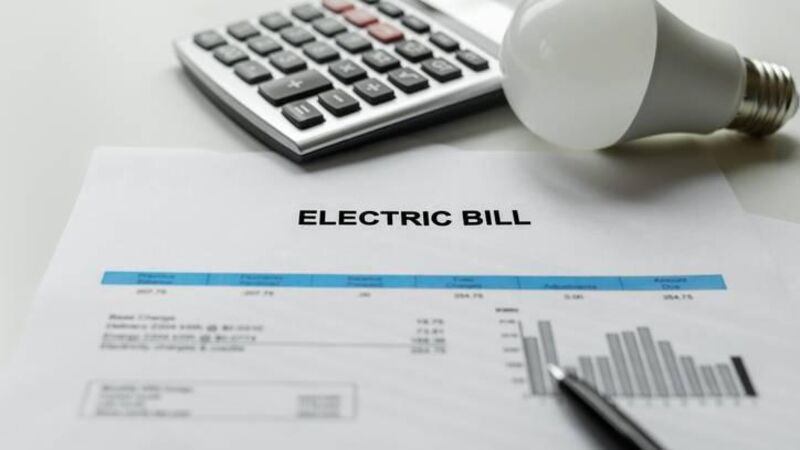Price hikes and billing issues drive surge in complaints to energy regulator

Customers paying 'catch-up bills' at the new higher rates and not being able to get through to customer service lines were all cited in the latest report on complaints.
Complaints to the energy regulator rose 133% in the third quarter of 2022, with more people than ever raising contract disputes, billing problems, and customer service issues with energy companies.
Customers paying 'catch-up bills' at the new higher rates and not being able to get through to customer service lines were all cited in the latest report on customer complaints.













